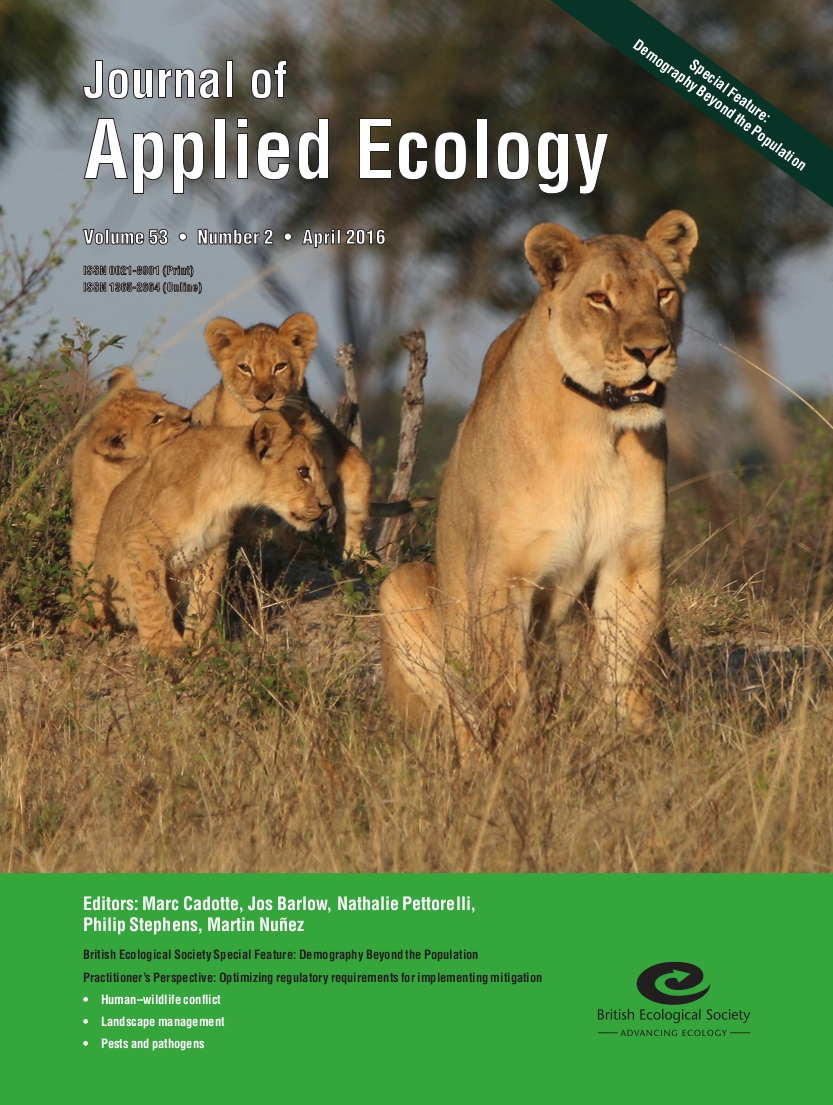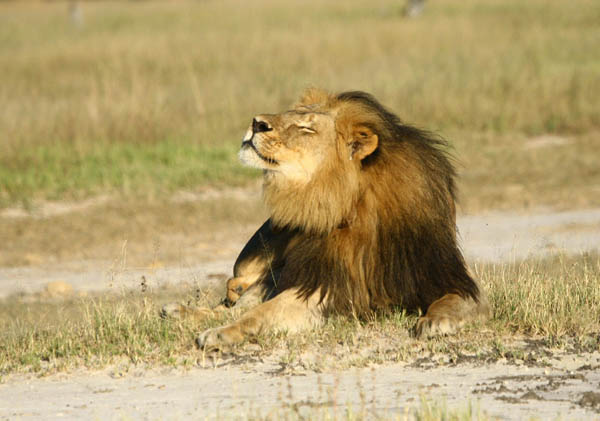News
David Macdonald explains that Cecil’s death was part of a much wider story
The really important thing about Cecil the Lion, killed in an apparently illegal trophy hunt last July, was not just that Oxford University’s WildCRU team had tracked his behavior by satellite since 2008, but even more importantly because he was part of a dedicated long-term study of the whole population of lions. Now the WildCRU team, led by Dr Andrew Loveridge and Professor David Macdonald have collaborated with population analyst Dr Julia Berthold of the Southern University of Denmark, to study causes of death in the whole population.
So, taking the detailed information on the life histories, so to speak the births, deaths and marriages of several hundred lions documented over almost two decades by the WildCRU team, Julia has delved into the actuarial detail to reveal new insights – and at the same time to reinforce an old lesson – namely that long-term data sets are immensely valuable.
The research produced a demographic model for estimating the survival of lions in the study population. Putting it simply, these lions do not die peacefully in their beds. Julia Barthold, now a postdoc at the Max-Planck Odense Center on the Biodemography of Aging, University of Southern Denmark said, “69 out of 100 males were estimated to have died from age-independent causes in Hwange, and will continue to do so if estimated death rates remain unchanged. This means these males do not die of old age. The most likely cause of death is to be killed by trophy hunters or local farmers protecting their herds”.
The paper is published in Journal of Applied Ecology, led by Julia, together with Andrew Loveridge, David Macdonald and another WildCRU associate, Craig Packer, and Fernando Colchero. The paper also contrasts Hwange (which is bordered by farmers and hunting concessions) with a 2,000-square-kilometer area in the Serengeti National Park in Tanzania, where lions have little contact with people. In Serengeti, only 6% of male lions are likely to die from age-independent causes; in short very few are killed by people.
This study highlights the concern, held by many conservationists across Africa, that if wide ranging wildlife species cannot be protected even by large National Parks then the long-term future of these charismatic species may be bleak.







